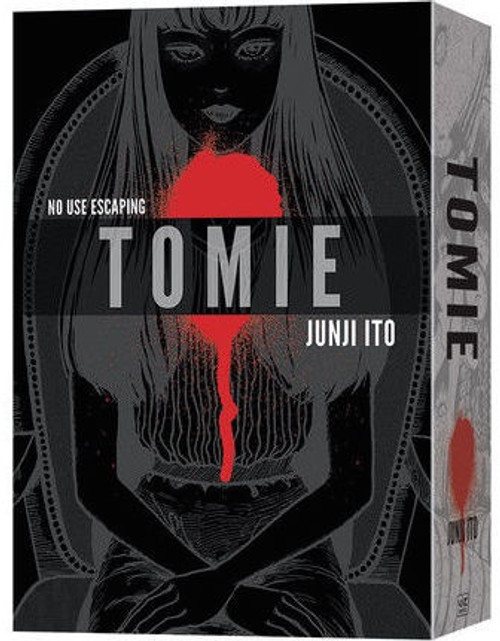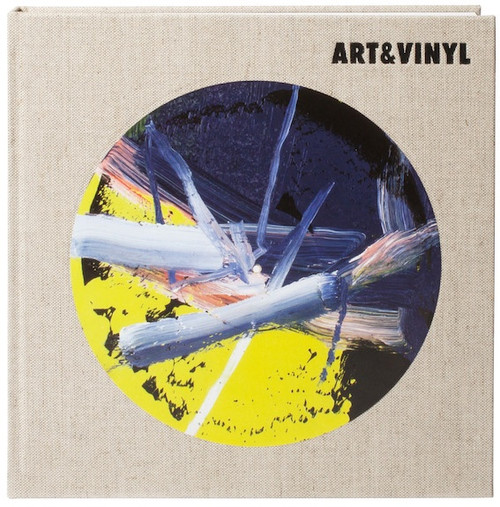Robert Bresson, the director of such cinematic masterpieces as Pickpocket, A Man Escaped, Mouchette, and L'Argent, was one of the most influential dorectors in the history of French film, as well as one of the most stubbornly individual: He insisted on the use of nonprofessional actors; he shunned the "advances" of Cinerama and Cinema-Scope (and the work of most of his predecessors and peers); and he minced no words about the damaging influence of capitalism and the studio system on the still-developing - in his view - art of film. Bresson on Bresson collects the most significant interviews that Bresson gave (carefully editing them before they were released) over the course of his forty-year career to reveal both the internal consistency and the consistently exploratory character of his body of work. Successive chapters are dedicated to each of his fourteen films, as well as to the question of literary adaptation, the nature of the sound track, and to and to Bresson's one book, the great aphoristic treatie Notes on the Cinematograph.







